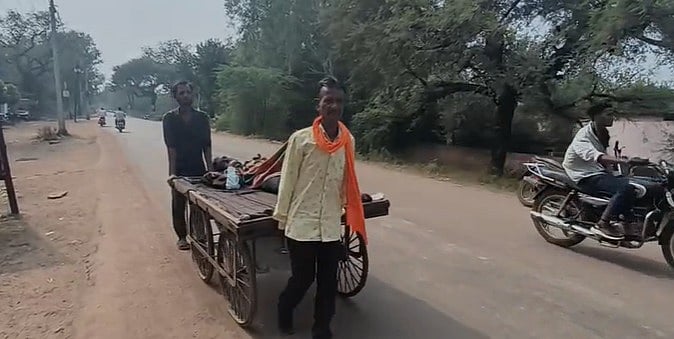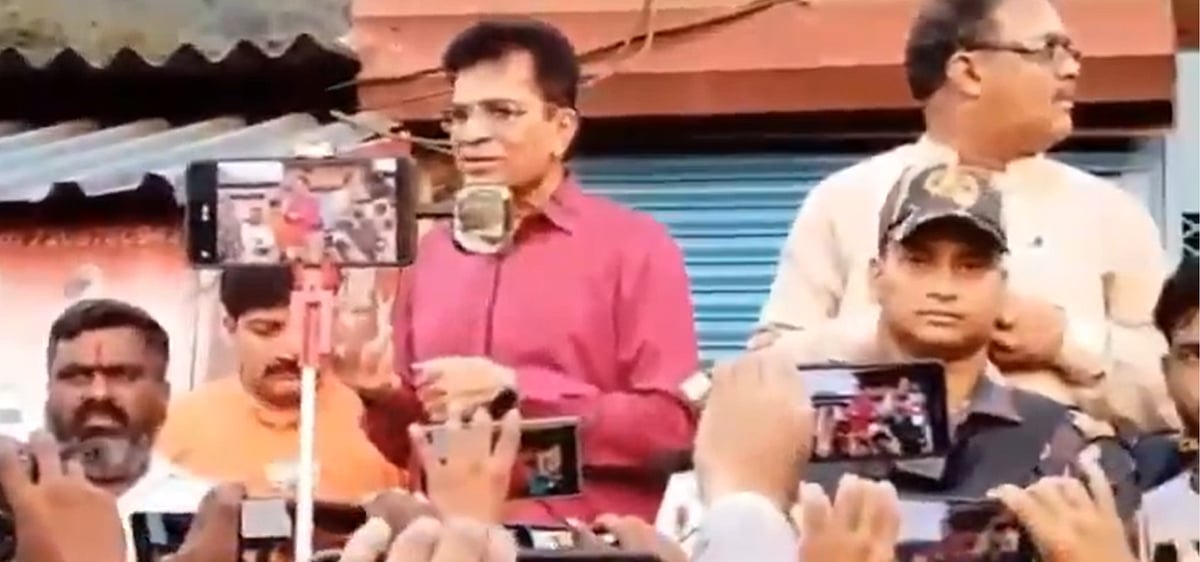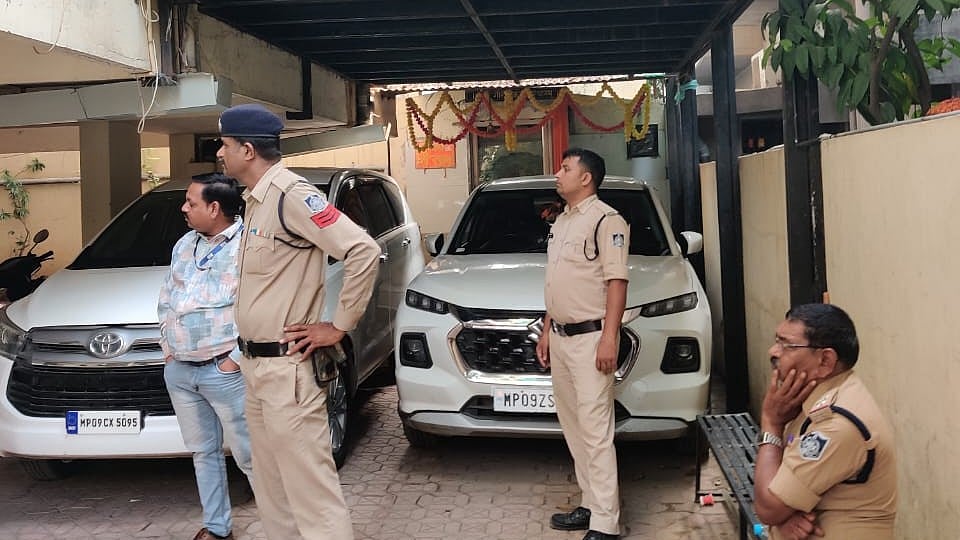Bhopal (Madhya Pradesh): The police officers will not be able to tap the phones of any person because of the amendments in the rules of phone tapping in the Indian Telecommunications Act.
The state police headquarters issued new directives in connection with phone tapping.
Director General of Police (DGP) Kailash Makwana issued an order authorising the Additional Director General of Police (Intelligence) to do any kind of phone tapping.
The new rules have abolished the phone-tapping power of the IG (zone). Now, he will not be able to get anybody’s phone tapped.
If the IG wants to tap anybody’s phone, he has to send a request to the ADG (Intelligence).
In turn, the ADG (Intelligence) will send the request to the service providers to tap or shut anybody’s phone.
Until now, the IG (zone) had the power to get anybody’s phone tapped. In case SP wanted to tap anyone’s phone, he had to send the request to the IG.

On the basis of the request, the IG used to send the request to the service provider.
Now, there are clear instructions from the police headquarters that any officer, instead of sending a request for phone tapping to the service provider, should send it to the ADG (Intelligence).
In the proforma, made for the permission for phone tapping, it has been mentioned that phone tapping of a person should be the last resort.
Together with the request, all information about the person whose phone is to be tapped should be sent to the ADG (Intelligence), and only after these formalities should the phone-tapping process start.
Besides the name and address, other information about the person tapped should be sent.
Until now, phone-tapping was done under sections 419 and 419A of the Indian Telegraph Act 1951.
The Act was amended in 2007. Now, phone tapping has been brought under section 20 (2) of the Indian Telecommunications Act.
The Government of India brought in the new act to stop misuse of phone tapping.
The state police implemented the Act. There were complaints in many phone-tapping cases.
Under the new Act, there will be fewer complaints of irregularity.









